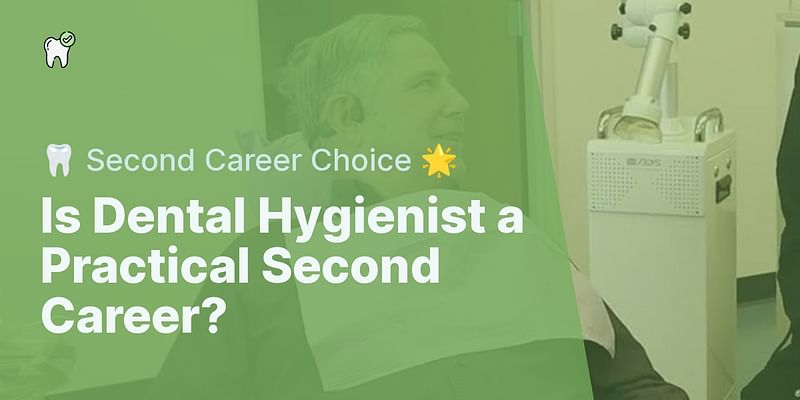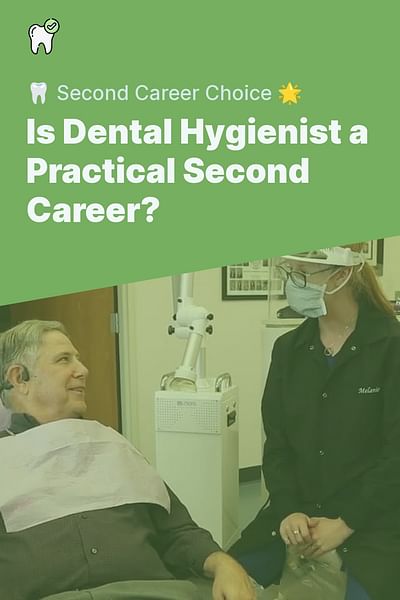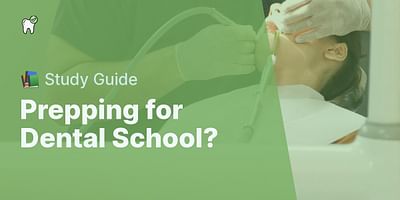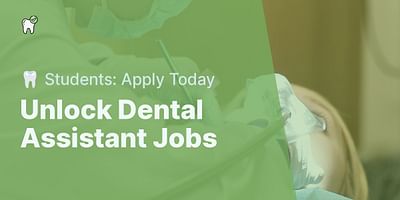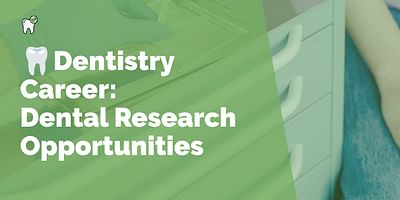Dr. Michael Chen is a dental researcher with a PhD in Oral Biology. He has published numerous papers on the microbiology of dental caries and is a sought-after speaker at dental conferences. In his free time, he enjoys playing tennis and reading science fiction.
Is becoming a dental hygienist a practical second career choice?
Absolutely! Becoming a dental hygienist can be a practical and rewarding second career choice. Whether you're looking for a change of pace or exploring new opportunities, dental hygiene offers a range of benefits that make it an attractive option.
1. Job prospects and stability: The demand for dental hygienists is on the rise, with a projected growth rate of 6% from 2019 to 2029, according to the Bureau of Labor Statistics. This means that there are plenty of job opportunities available, providing you with job security and stability.
2. Flexibility: Dental hygienists often have the flexibility to choose their work schedule. Whether you prefer part-time or full-time work, you can find positions that accommodate your needs. This flexibility is especially beneficial for individuals looking to balance work with other commitments, such as family or education.
3. Competitive salary: Dental hygienists enjoy a competitive salary, which can vary depending on factors such as experience, location, and work setting. On average, dental hygienists earn a median annual wage of around $76,220, according to the Bureau of Labor Statistics. This level of income can provide financial stability and a comfortable lifestyle.
4. Fulfilling work: As a dental hygienist, you'll have the opportunity to make a positive impact on people's oral health. You'll work closely with patients, educating them on proper oral hygiene practices and providing preventive dental care. The satisfaction of helping others achieve and maintain healthy smiles can be incredibly fulfilling.
5. Training and education: While becoming a dental hygienist requires completing an accredited dental hygiene program, the training period is relatively short compared to other healthcare professions. Most programs can be completed in two to three years, and some offer flexible scheduling options, including online courses. This allows you to enter the workforce relatively quickly and start your new career.
6. Career advancement: Dental hygiene offers opportunities for career growth and advancement. With additional education and experience, you can pursue roles such as dental hygiene educator, public health administrator, or even dental practice management. These positions often come with increased responsibilities and higher earning potential.
7. Work-life balance: Dental hygiene offers a good work-life balance, allowing you to have time for personal pursuits and interests outside of work. This balance is particularly important for individuals seeking a second career later in life, as it allows for a smooth transition and integration into a new profession.
In conclusion, becoming a dental hygienist can be a practical and fulfilling second career choice. With job prospects, flexibility, competitive salaries, and opportunities for growth, dental hygiene offers a range of benefits that make it an attractive option. So, if you're considering a career change, don't overlook the rewarding path of dental hygiene.

